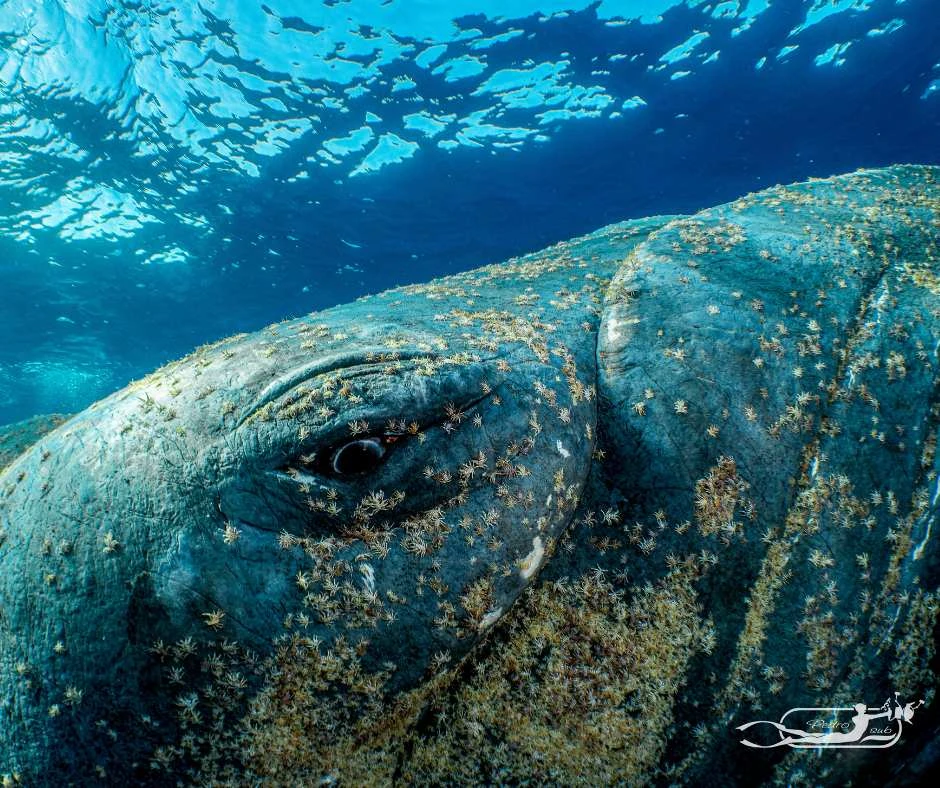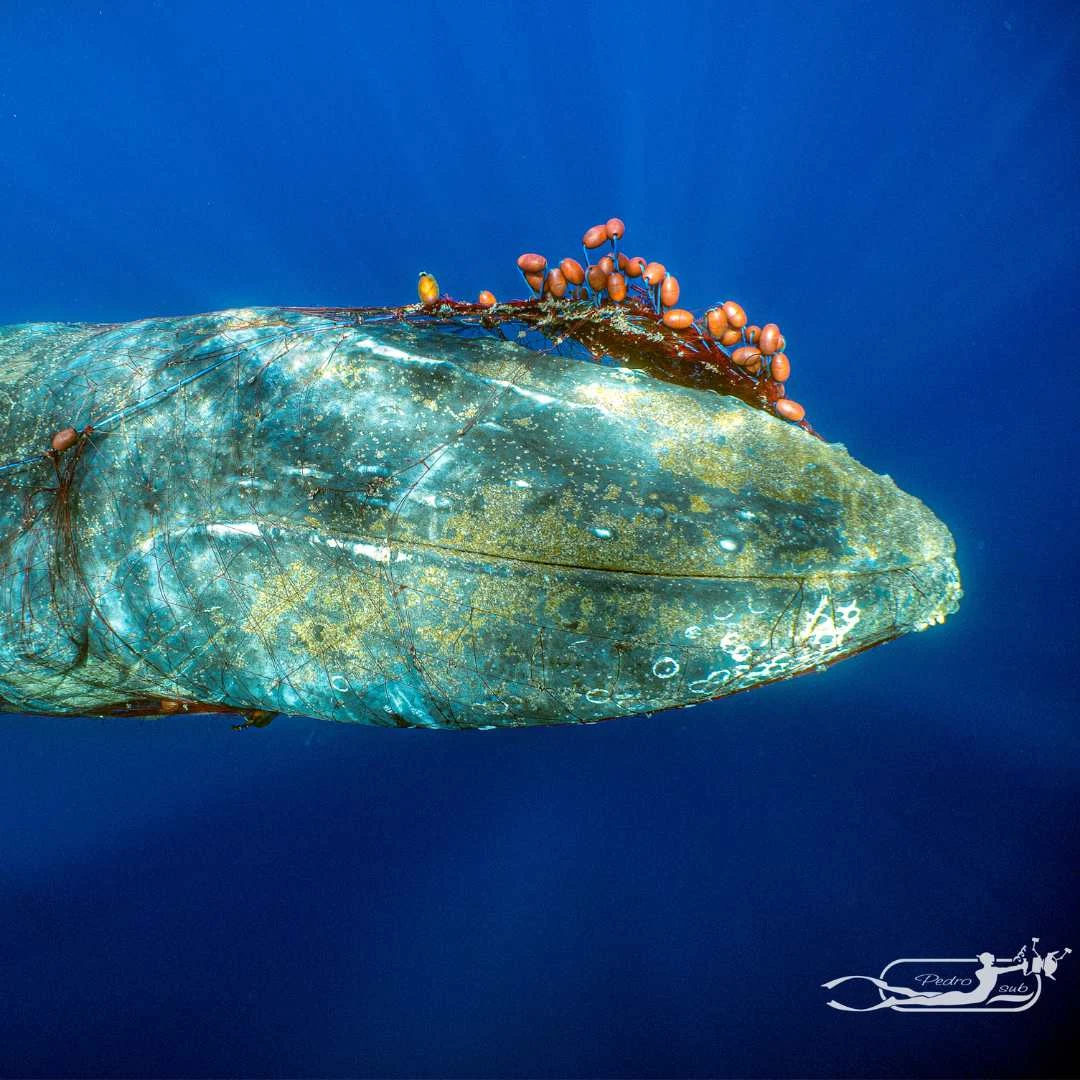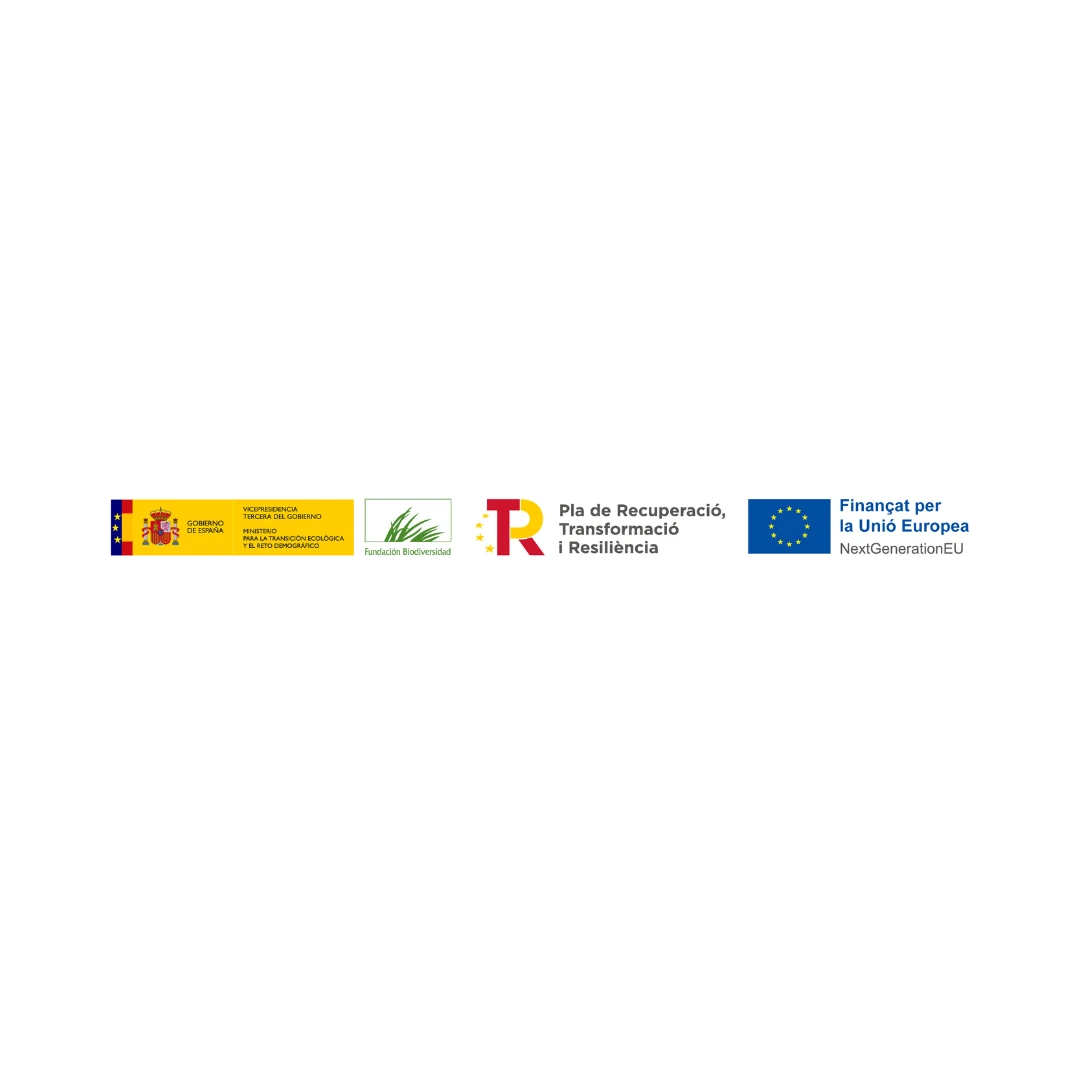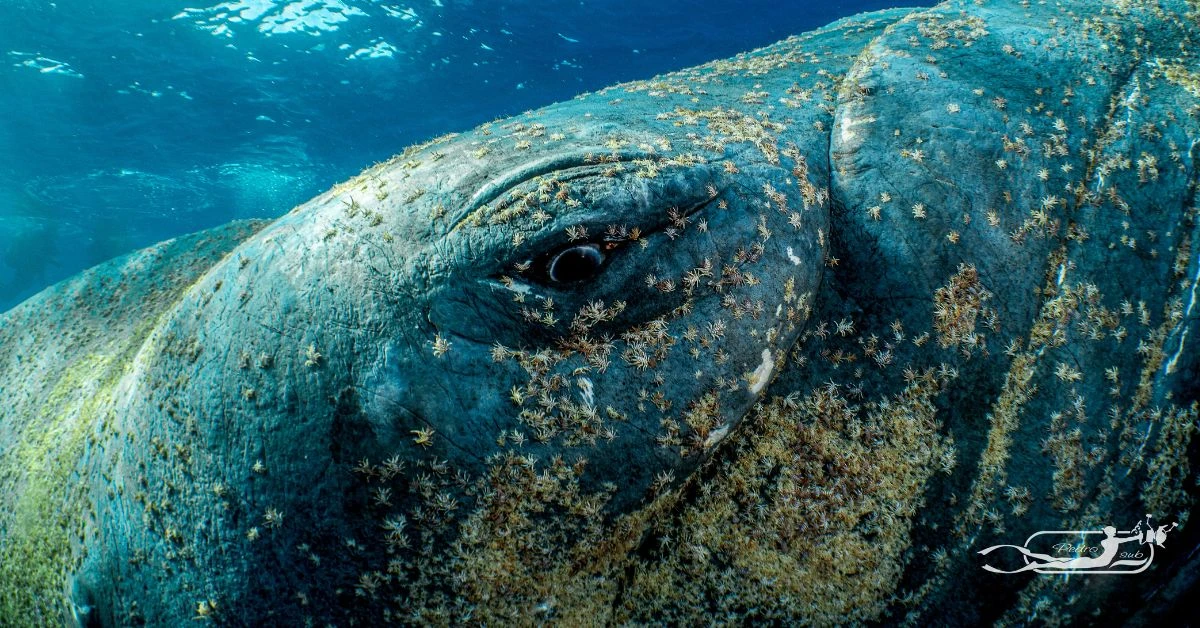-
¿Quiénes somos?
¿Quiénes somos?
-
Proyectos
-
Centro de recuperación
Centro de recuperación
- Colabora
- Noticias

Cetaceans are majestic and imposing animals that inhabit the oceans across the world. The western Mediterranean in particular offers an ideal habitat for feeding, reproducing, or rearing their young. As a result, our crystalline waters are home to a rich diversity of these mammals, including dolphins, whales, and porpoises.
Despite their beauty, these animals face a series of environmental threats, ranging from pollution to overfishing. As human activity in the sea has increased, so too has the number of cases of cetaceans requiring rescue due to stranding or becoming entangled in fishing nets and other marine debris.
When a cetacean at risk is detected, a rescue protocol is activated that involves identifying the animal, assessing its condition and deciding how best it can be helped.
These actions required the intervention of rescue teams composed of marine biologists, vets and other dedicated experts and volunteers, who work together to save these animals from life-threatening situations and, in some cases, rehabilitate them and release them back into their natural habitat.
One of the greatest challenges of this work is ensuring the safety of both the animal and the people involved in the rescue operation.

You should always call 112, the emergency number. The operators will contact the Palma Aquarium Foundation's Marine Fauna stranding network.


- Call 112.
- Take photographs.
- Report the exact location.
The OCEMIB project is supported by the Biodiversity Foundation of the Spanish Ministry for Ecological Transition and the Demographic Challenge (MITECO by its Spanish initials), part of the Recovery, Transformation, and Resilience Plan (PRTR), financed with European Union NextGenerationEU funds.

 Colabora
Colabora